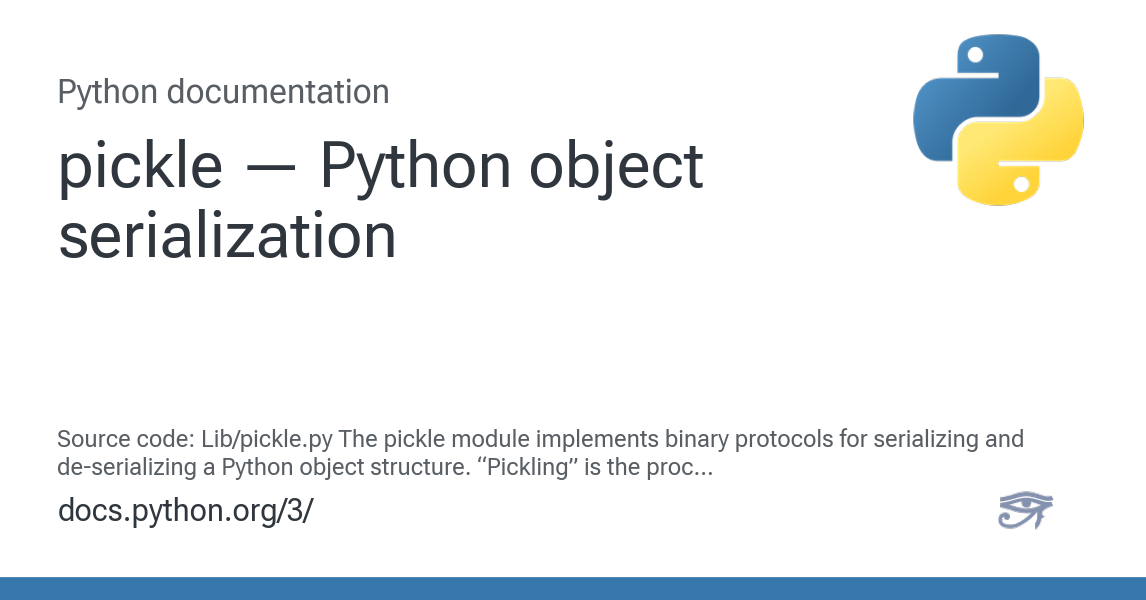How do I vary the byte offset of a field of a ctypes.Structur e?
How do I "use the dynamic nature of Python, and (re-)define the data
type after the required size is already known, on a case by case
basis"?
\\\
For example, suppose sometimes I receive the value '\x03hi' + \x04bye'
for the struct:
class Struct34(ctypes .Structure):
_pack_ = 1
_fields_ = [('first', 3 * ctypes.c_ubyte) ,
('second', 4 * ctypes.c_ubyte)]
but then sometimes instead I receive the value '\x05left' + \x06right'
for the struct:
class Struct56(ctypes .Structure):
_pack_ = 1
_fields_ = [('first', 5 * ctypes.c_ubyte) ,
('second', 6 * ctypes.c_ubyte)]
Thus in general I receive (0xFF ** 2) possible combinations of field
lengths.
///
How do I declare all those hugely many simply regular combinations as
one CTypes.structur e?
I also need to do series of 3 or 4 or 5 strings, not just 2 strings.
But always the byte offsets of the subsequent fields vary when the
byte sizes of the preceding fields vary. The byte size of the
enclosing packed struct varies as the length of the packed bytes it
contains.
The errors I get as I try techniques that don't work include:
AttributeError: '_fields_' must be a sequence of pairs
AttributeError: _fields_ is final
ValueError: Memory cannot be resized because this object doesn't own
it
TypeError: incompatible types, c_ubyte_Array_2 instance instead of
c_ubyte_Array_1 instance
How do I change the offset of a field of a ctypes.Structur e?
Is the answer to contribute to the next version of CTypes? Or is this
feature already supported somehow?
Curiously yours, thank in advance,
How do I "use the dynamic nature of Python, and (re-)define the data
type after the required size is already known, on a case by case
basis"?
\\\
For example, suppose sometimes I receive the value '\x03hi' + \x04bye'
for the struct:
class Struct34(ctypes .Structure):
_pack_ = 1
_fields_ = [('first', 3 * ctypes.c_ubyte) ,
('second', 4 * ctypes.c_ubyte)]
but then sometimes instead I receive the value '\x05left' + \x06right'
for the struct:
class Struct56(ctypes .Structure):
_pack_ = 1
_fields_ = [('first', 5 * ctypes.c_ubyte) ,
('second', 6 * ctypes.c_ubyte)]
Thus in general I receive (0xFF ** 2) possible combinations of field
lengths.
///
How do I declare all those hugely many simply regular combinations as
one CTypes.structur e?
I also need to do series of 3 or 4 or 5 strings, not just 2 strings.
But always the byte offsets of the subsequent fields vary when the
byte sizes of the preceding fields vary. The byte size of the
enclosing packed struct varies as the length of the packed bytes it
contains.
The errors I get as I try techniques that don't work include:
AttributeError: '_fields_' must be a sequence of pairs
AttributeError: _fields_ is final
ValueError: Memory cannot be resized because this object doesn't own
it
TypeError: incompatible types, c_ubyte_Array_2 instance instead of
c_ubyte_Array_1 instance
How do I change the offset of a field of a ctypes.Structur e?
Is the answer to contribute to the next version of CTypes? Or is this
feature already supported somehow?
Curiously yours, thank in advance,


Comment